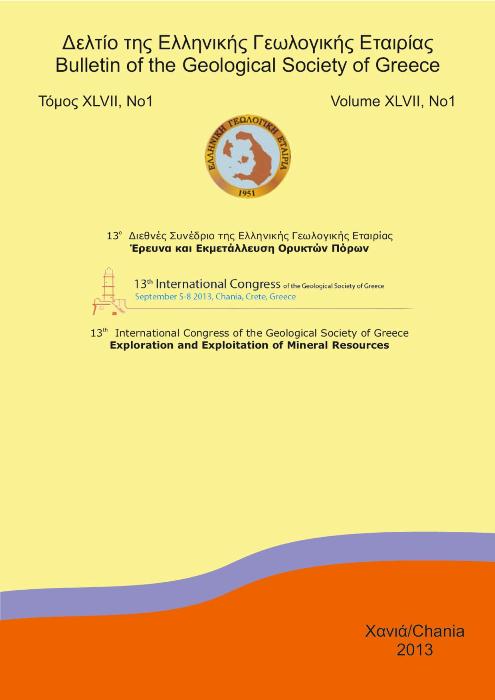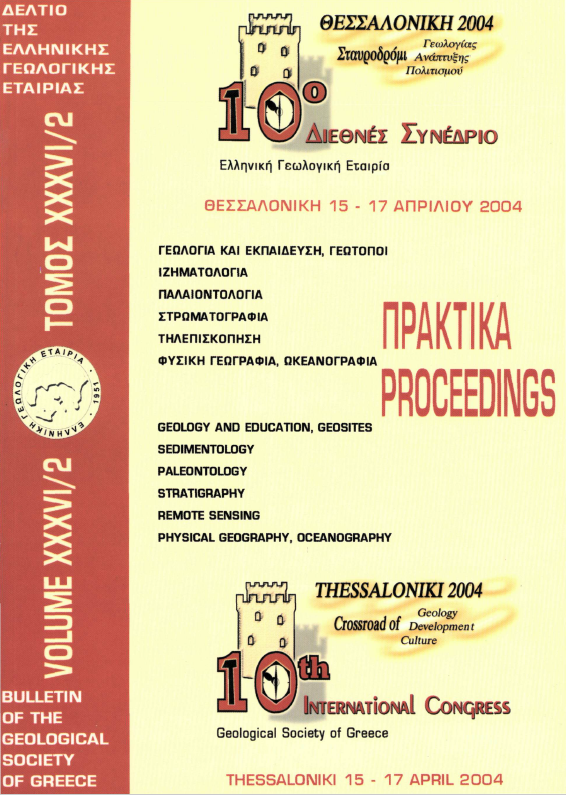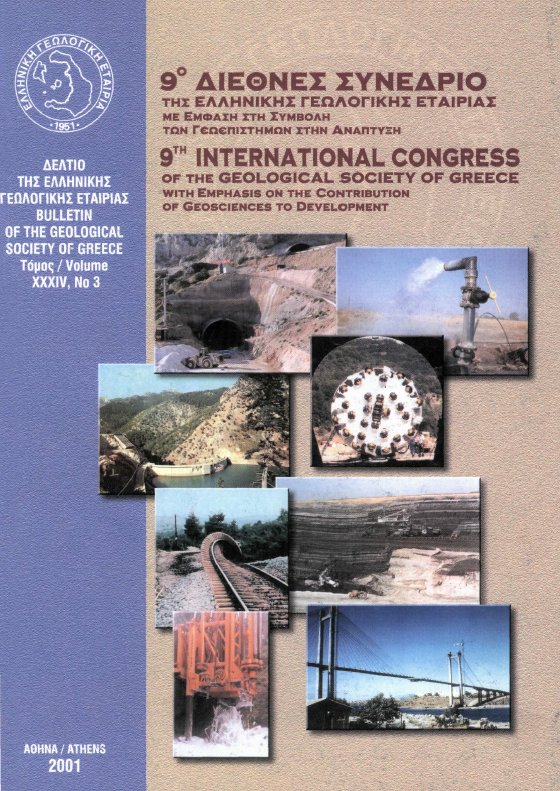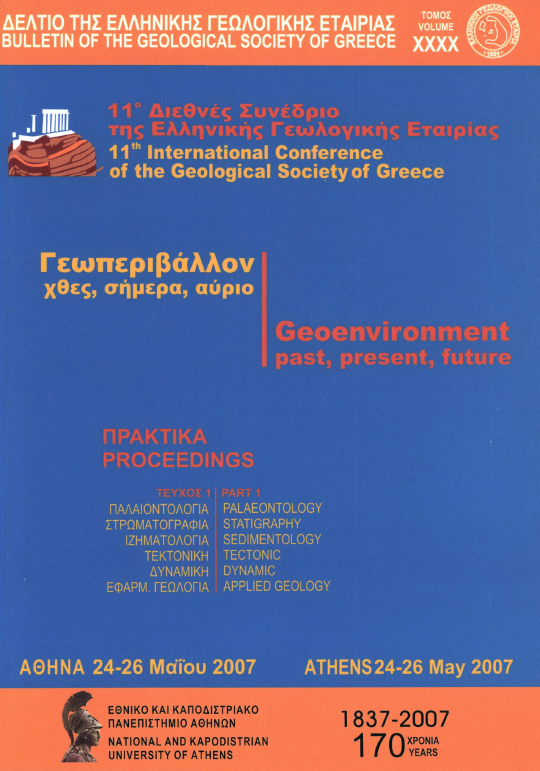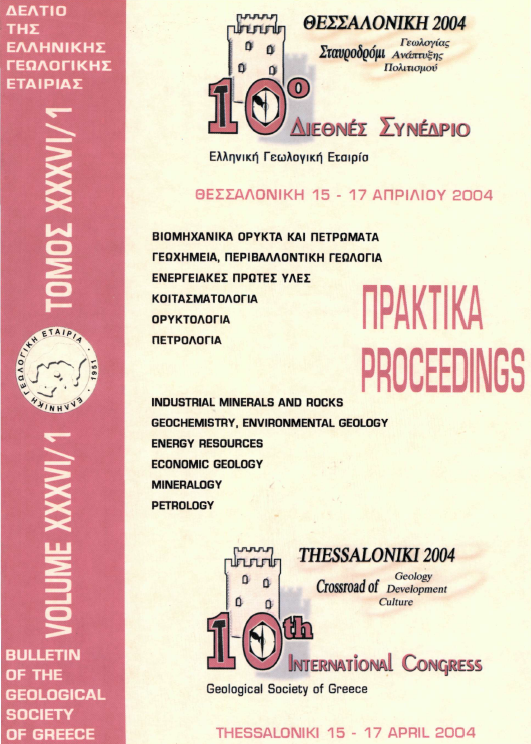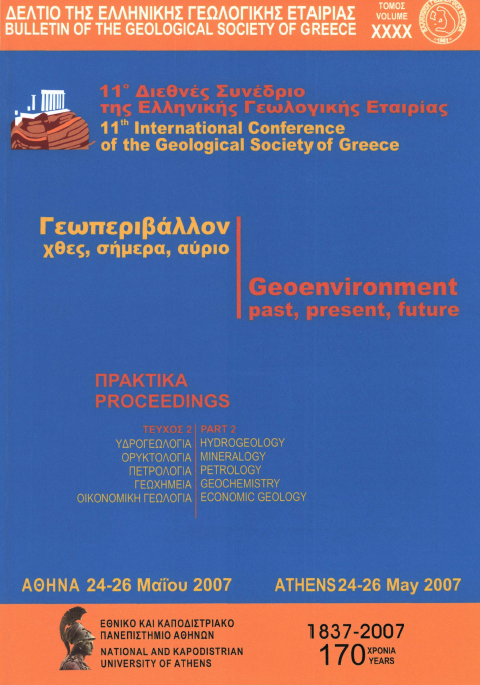Geological solutions concluded by petroleum geochemical data in Western Greece

Abstract
A detailed petroleum geochemical study has been performed in the previous years in the Western Greece. Several source rock horizons have been identified, the oil window has been calculated for the most significant sub-basins and the oil correlation study has distinguished the different oil groups of the area, generated from different hydrocarbon sources. These results are very significant and useful for the oil exploration. But, further to these, some more geochemical observations can also be very important on solving some geological problems of the area.
- A major problem is the deposition and preservation of the organic matter in the Western Greece.
- The dolomitization in relation with the oil generation is also an issue.
- Another issue is the calculation of the eroded overburden formations thickness.
- The Paleogeothermal gradient determination is also very important.
The last two parameters are absolutely necessary for organic matter maturity calculations.
The study of all the above parameters completes the geochemical study of the Western Greece, and in relation with other geological studies can provide solutions in the petroleum exploration of the area.
Article Details
- How to Cite
-
Rigakis, N., Karakitsios, V., Marnelis, F., & Sotiropoulos, S. (2013). Geological solutions concluded by petroleum geochemical data in Western Greece. Bulletin of the Geological Society of Greece, 47(4), 2131–2143. https://doi.org/10.12681/bgsg.11108
- Section
- Energy Resources

This work is licensed under a Creative Commons Attribution-NonCommercial 4.0 International License.
Authors who publish with this journal agree to the following terms:
Authors retain copyright and grant the journal right of first publication with the work simultaneously licensed under a Creative Commons Attribution Non-Commercial License that allows others to share the work with an acknowledgement of the work's authorship and initial publication in this journal.
Authors are able to enter into separate, additional contractual arrangements for the non-exclusive distribution of the journal's published version of the work (e.g. post it to an institutional repository or publish it in a book), with an acknowledgement of its initial publication in this journal. Authors are permitted and encouraged to post their work online (preferably in institutional repositories or on their website) prior to and during the submission process, as it can lead to productive exchanges, as well as earlier and greater citation of published work.



